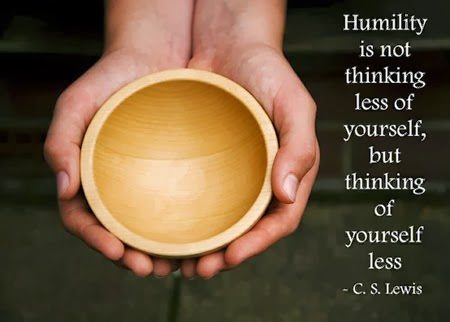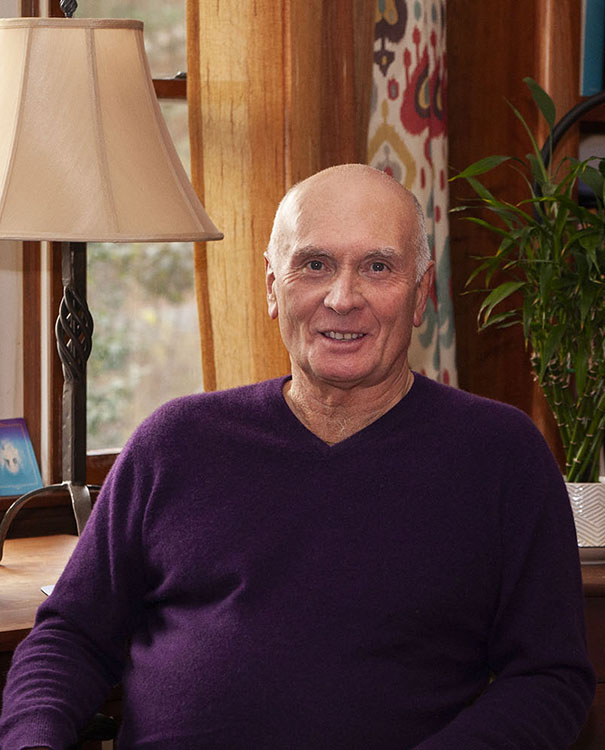

“Most cultures and religions define humility as a virtue,” says psychotherapist/author/consultant Paul Dunion in Psychology Today. But that makes it unattractive for some who don’t want to come across as holy, boring, or overly modest, denying their strengths and talents. “In a highly extroverted society, almost everything of value happens externally between people,” says Dunion. “Humility mostly happens internally, in how we relate to ourselves, and hence, is not deemed important.”
We need to take another look at humility, he believes, seeing it as “a psychological task that can invigorate and bring people closer to themselves.” Embracing humility involves being fully honest and accepting about who we are, which means acquiring several skills:
• Getting comfortable with our limits – This goes along with knowing our strengths and identifying others who have skills and knowledge that we don’t.
• Accepting our imperfections – This includes letting go of shame as well as aggrandized expectations of achievement.
• Radical accountability – Says Dunion, this “is gratitude for all the support received from ancestors, family, friends, teachers, colleagues, and mentors.” Another form is acknowledging mistakes and not blaming others.
• A heartfelt commitment to be rightsized – “We run the risk of inflating ourselves in order to meet the evolving demands and expectations of the roles we play,” says Dunion. “We may also get undersized to avoid being scrutinized. The middle ground is being rightsized – a true balance of competencies, shortcomings, and true achievements.
• Appreciating and acknowledging the strengths and accomplishments of others. “When we are right with ourselves,” he says, “we are able to recognize the value others bring, without diminishing ouselves.”
Embracing humility has several key benefits, says Dunion, all part of being more “internally referenced” as an individual:
- Shifting from focusing on achievement to inclusivity, empathy, and inspiration;
- Experiencing security by welcoming our limits and mistakes;
- Others don’t expect to be dominated or face a barrage of defensive maneuvers;
- Being less competitive and more able to appreciate the strengths or others;
- Replacing secrets with open disclosure;
- Fostering climates of psychological safety;
- Replacing fear with boldness that honors risk-taking;
- Replacing the desire to look good with authenticity.

(from The Marshall MEMO by Kim Marshall)


Thoughtful and relevant. Thanks for sharing this.
Thank you. I think kindness requires humility. I am reminded of this quote: “Given our attitude toward dominion, how will we ever learn humility?” Erica Jong